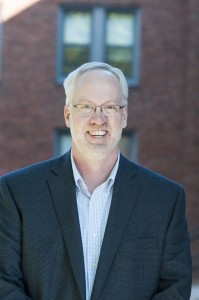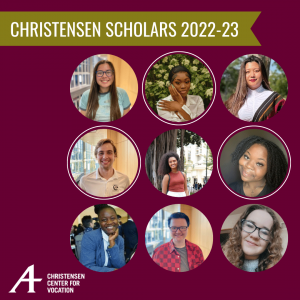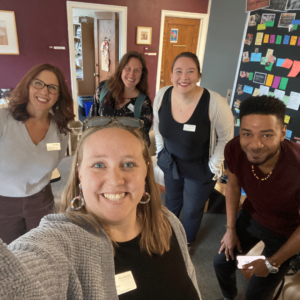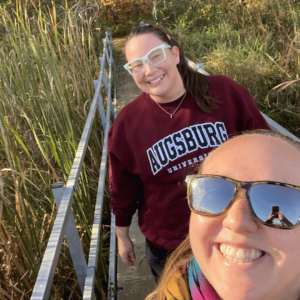The Riverside Innovation Hub (RIH) will be launching its third congregational learning community in September of 2023. This opportunity is part of the Thriving Congregations project, through the Lilly Endowment. This work is also made possible through the support of individual donors and congregational sponsors.
Submission of your letter of intent will:
1) Allow congregations to indicate why the are considering to join the project.
2) Help RIH staff streamline communications as the application process moves forward by adding you to direct mailings about the process and being available to you for further conversation.
3) Help your congregational leaders move through the application process in a timely and thoughtful way.
The application and more detailed information will be made available FEBRUARY 15, 2023 and the application deadline is APRIL 20th, 2023.

Project Overview
RIH will continue helping congregations live into “placed-based vocational discernment in the public square for the common good” through two-year learning communities of twelve congregations. The first learning community runs July 2021 – July 2023 and the second learning community runs September 2023 – September 2025.
APPLICATION PROCESS
- Letter of Intent Opens: January 24th, 2023.
- Application Opens: February 15th, 2023.
- Application Closes: April 20th, 2023.
- Invitations sent out to accepted congregations: Week of May 16th, 2023
- Congregations accept invitations: June 8th, 2023.
- Community starts: September 2023
Congregations who are a part of this learning community will develop and deepen the knowledge, skills, habits, and values to engage in this work of place-based vocational discernment in the public square for the common good through a method we call the Public Church Framework. Continue reading “Letter of Intent for Third Learning Community is Open!”





